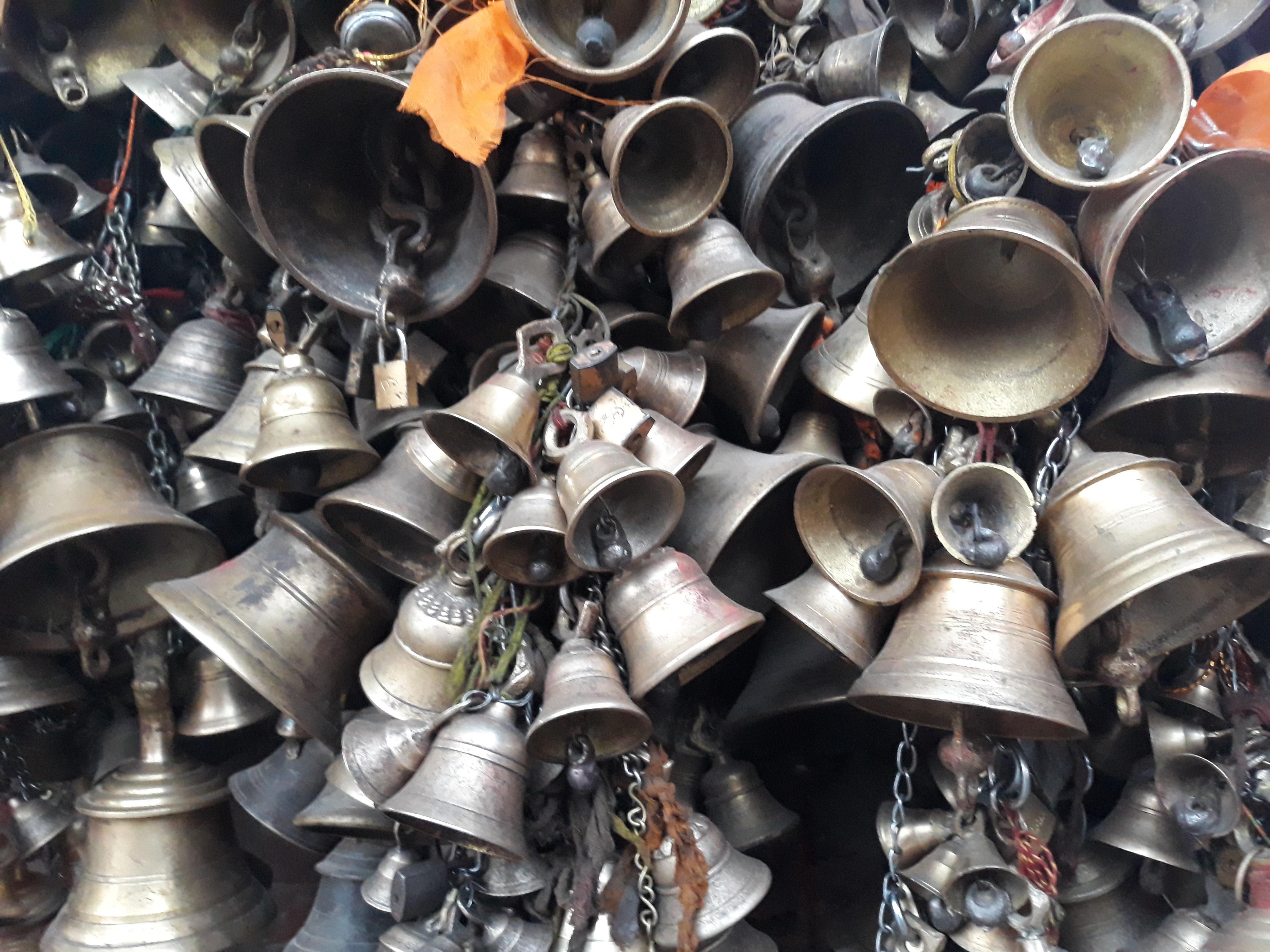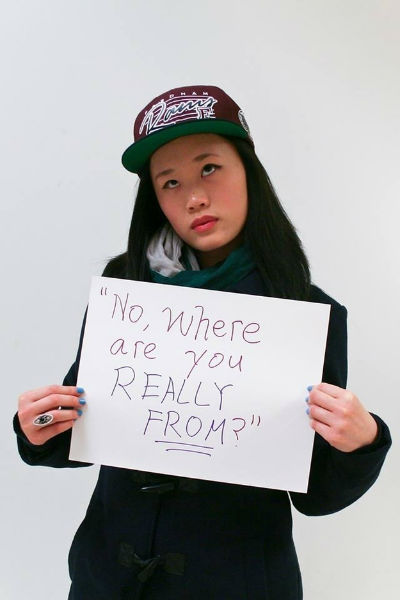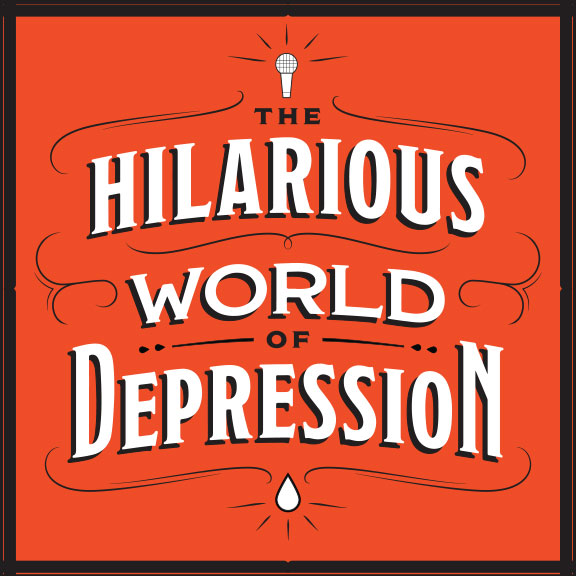Prepping for COVID Winter and an Unusual Holiday Season
Now that election season is almost over, it’s time to prep for COVID winter. Anticipating and preparing for the mental health (and life) challenges of a COVID winter is a must – especially if you’re worried about stress, Seasonal Affective Disorder, depression, anxiety, or increased isolation. Being proactive about mental health isn’t always at the top of our list (especially when the to-do list is LOOOOONG) but our efforts NOW can pay off in important ways.
The Mayo Clinic has this helpful list of suggestions for prepping for COVID winter. One recommendation that stands out is that we should EXPECT that our winter holidays are going to be different. Let’s wrap our heads around that now: our winter holidays will not be the same as usual. We’ll have to adapt traditions that typically involve family and friends or let them go altogether, at least for now. We may not get to have big Hanukah or Christmas parties, Kwanzaa celebrations, Christmas caroling, or New Year’s extravaganzas.
You don’t have to be happy about these traditions going on pause. In fact, give yourself some time to feel grouchy about these losses. (They ARE losses!) It’s hard to move forward if we don’t first mourn our losses. So, here’s a tip: allow yourself a day or even a week to feel all the feelings, whether it’s annoyance, frustration, sadness, anger, or depression. These losses of tradition are worth feeling bad about. (And for those of you saying “But I can’t! Other people have it SO MUCH WORSE” — I appreciate your consideration of others, but stop with the Privilege Syndrome. You trying to convince yourself you have too much to feel so bad doesn’t help anything… and actually gets in the way of letting emotions move through you in healthy ways.)
After that day or week of allowing all the feelings, THEN it’s time to look forward.
First: when it comes to the holidays, allow your imagination some room to roam. If you’re not doing the usual things during this holiday season, what might you be able to do? What might you want to do? What new traditions might you want to create? In other words: what opportunities can you find in the space that COVID has created?
Finally, when it comes to the possibility of anxiety and depression emerging or getting worse, you can be proactive here as well. What extra care do you need that’s realistic? Care can take a lot of forms: checking in with your doctor, taking vitamins, using light therapy, hosting Netflix parties or virtual game nights, and so on and so forth. Make a list and ask friends or family members for their ideas as well. And then put that list somewhere you can regularly see it (like a bathroom wall or on the refrigerator) so when (or if) the winter doldrums hit you don’t have to use energy to think – but can instead just act on the ideas you’ve already brainstormed.
I hope these tips are useful for you! And please reach out if we can be useful to you in other ways.








